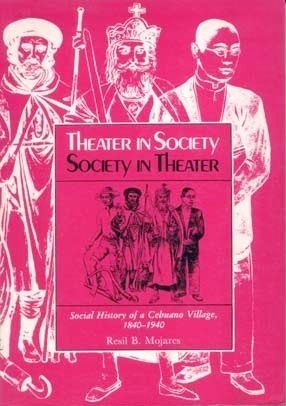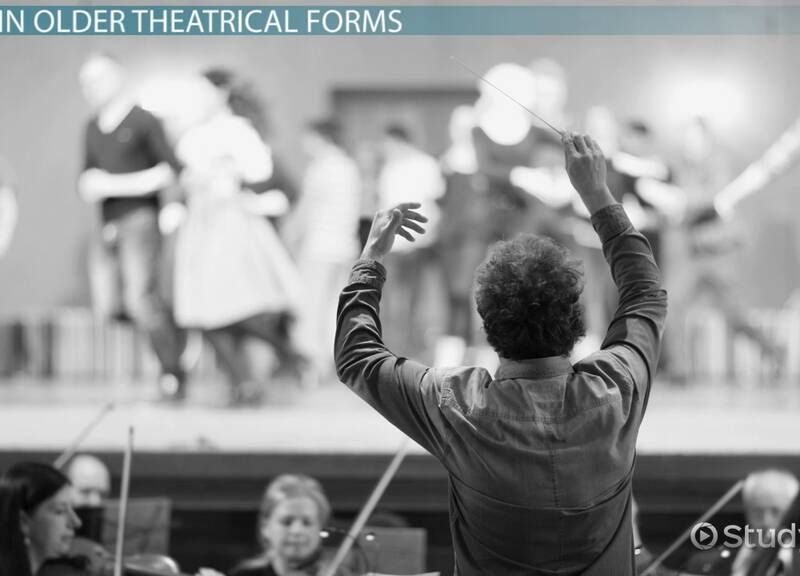In today’s fast-paced digital age, it’s easy to forget about the profound impact that theater has had on society throughout history. From ancient Greek tragedies to Shakespearean plays to modern Broadway productions, theater has always been a powerful tool for cultural expression and reflection. In this article, we will explore the impact of theater on society and how it continues to shape our world today.
The Power of Storytelling
At its core, theater is a form of storytelling. Through dialogue, music, and movement, actors bring characters and narratives to life on stage. This powerful form of communication allows audiences to connect with complex emotions, ideas, and experiences in a way that is both entertaining and thought-provoking. By witnessing stories unfold in front of them, theatergoers can gain new perspectives, challenge their beliefs, and empathize with characters from diverse backgrounds.
Critical Thinking and Empathy
One of the most significant benefits of theater is its ability to foster critical thinking and empathy. By presenting conflicting viewpoints and moral dilemmas, plays and performances encourage audiences to engage in dialogue, debate, and reflection. Through this process, theater helps individuals develop their analytical skills, understand different perspectives, and cultivate empathy for others. These qualities are essential for creating a more tolerant and compassionate society.
Social Commentary and Change
Throughout history, theater has been a powerful tool for social commentary and change. Playwrights and performers have used their craft to critique political systems, challenge social norms, and advocate for justice. From the satirical comedies of Molière to the groundbreaking work of August Wilson, theater has been at the forefront of cultural movements and revolutions. By shining a spotlight on issues such as inequality, discrimination, and corruption, theater has inspired audiences to take action and create real change in the world.
Cultural Diversity and Representation
Another important aspect of theater is its role in promoting cultural diversity and representation. By showcasing stories from a wide range of backgrounds and experiences, theater helps amplify voices that are often marginalized or overlooked in mainstream media. From exploring the struggles of immigrant families to celebrating the rich traditions of indigenous communities, theater plays a vital role in honoring and preserving the diversity of human culture. By supporting diverse artists and narratives, theater can create a more inclusive and representative society.
Education and Inspiration
Finally, theater is a powerful tool for education and inspiration. Through workshops, classes, and performances, individuals of all ages can learn about the art of acting, directing, and producing. By experiencing the magic of live theater, audiences can be inspired to pursue their own creative passions and express themselves in new ways. For many people, theater is a transformative experience that sparks curiosity, creativity, and a lifelong love of the arts.
Conclusion
In conclusion, theater has a profound impact on society by fostering storytelling, critical thinking, empathy, social change, cultural diversity, education, and inspiration. As we continue to navigate the challenges of the 21st century, theater remains a valuable resource for connecting communities, amplifying voices, and exploring the complexities of the human experience. By supporting and engaging with the arts, we can create a more vibrant, inclusive, and compassionate society for future generations to enjoy.
So, let’s continue to celebrate the power of theater and its enduring impact on our world.


